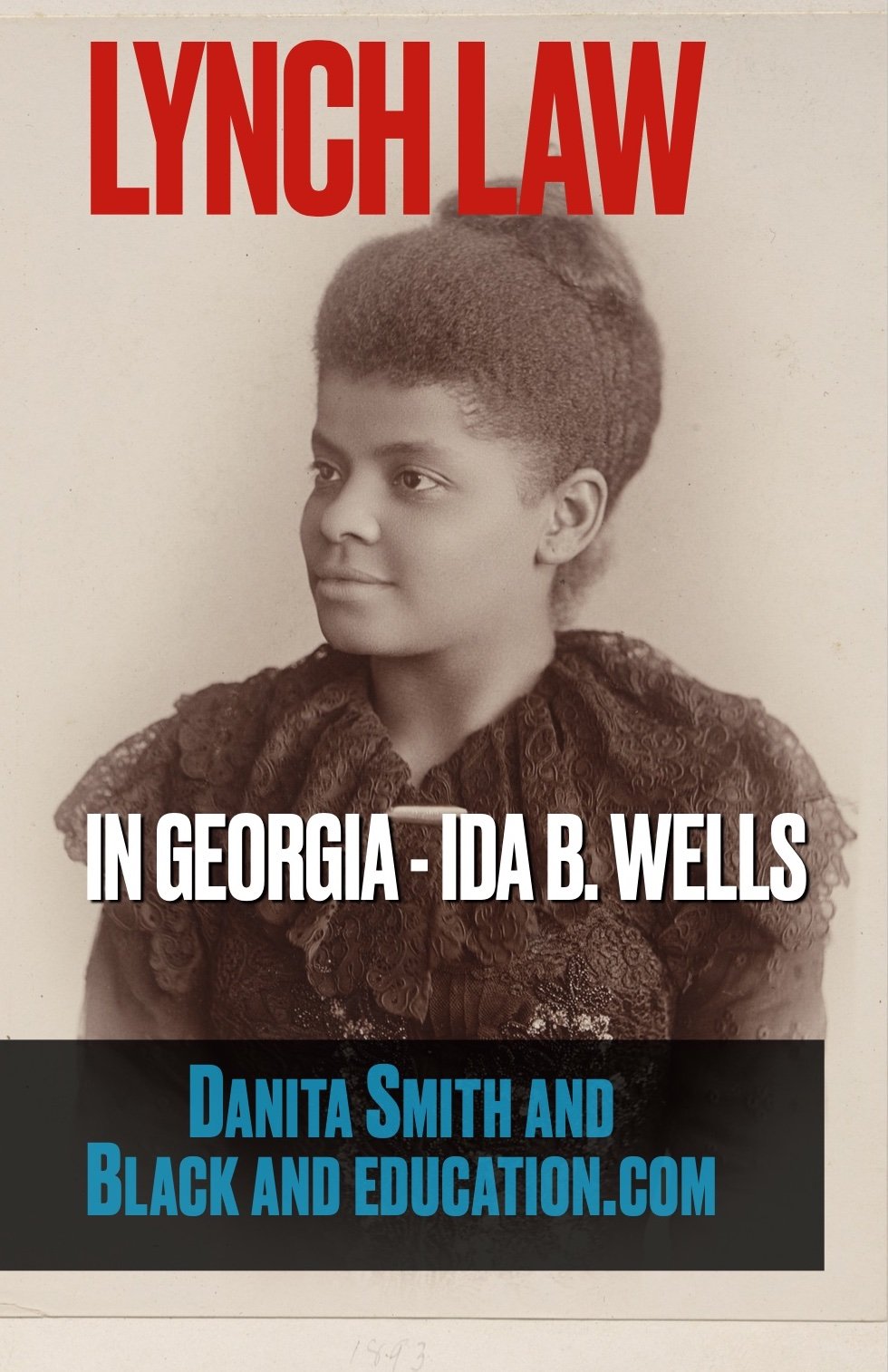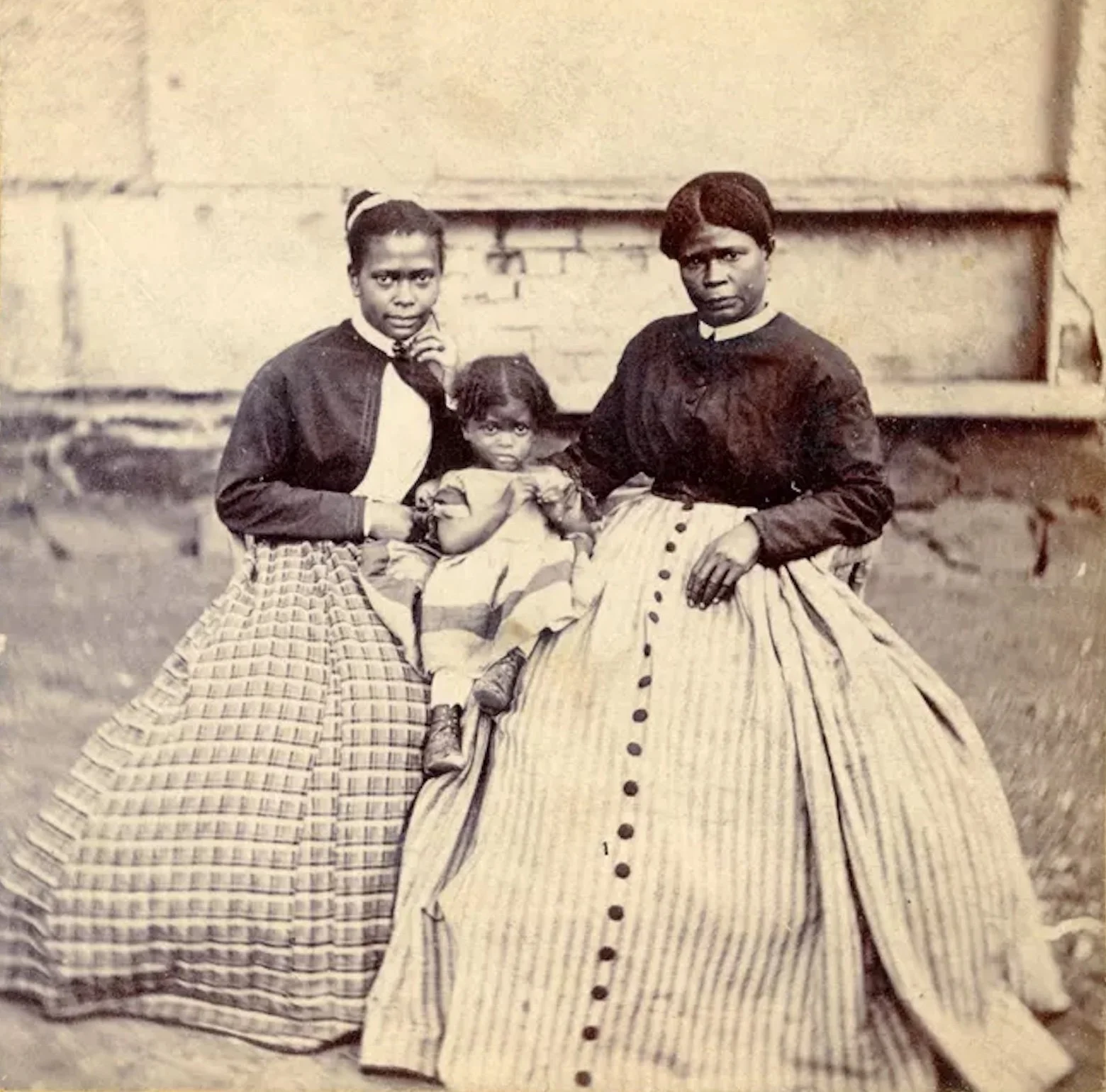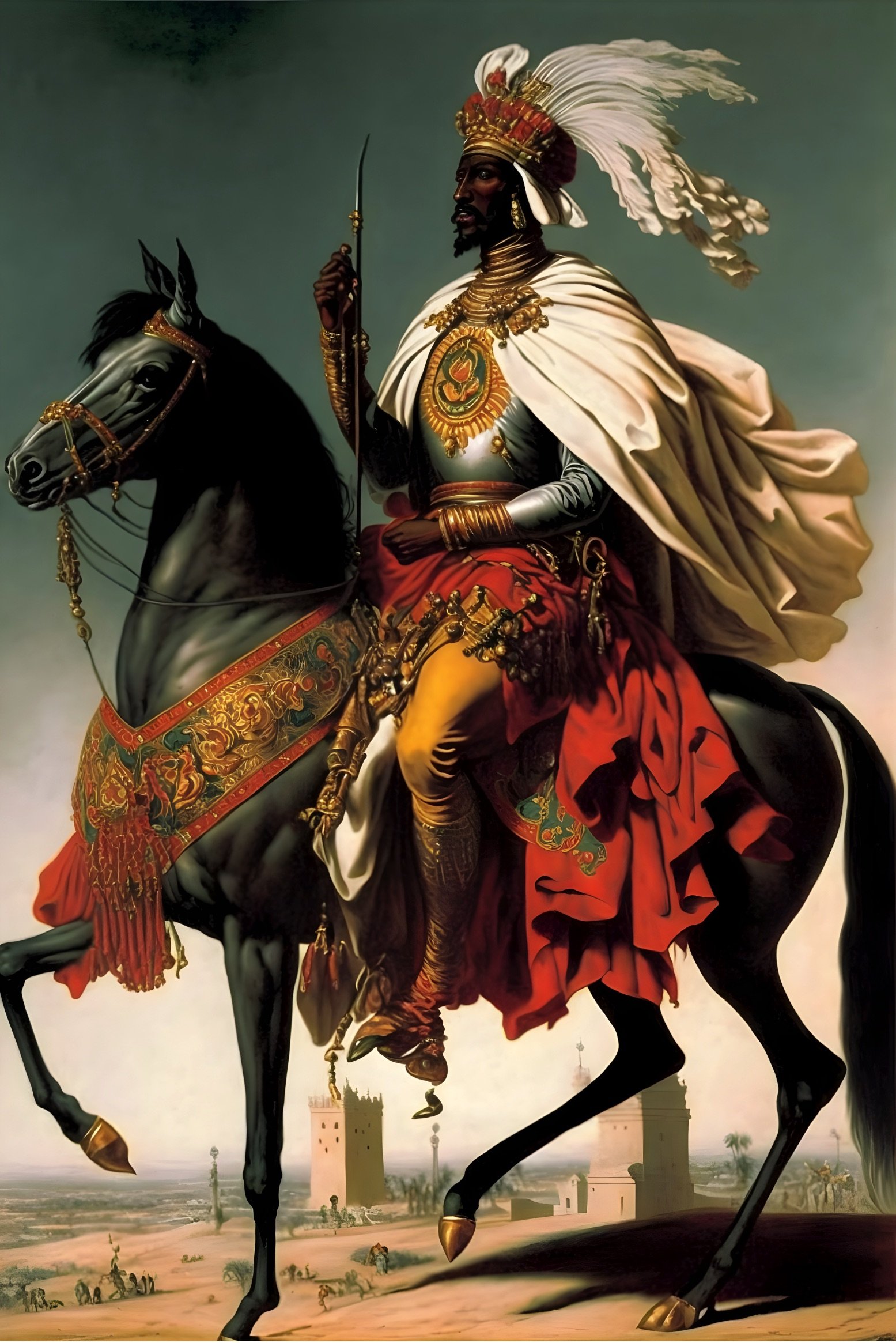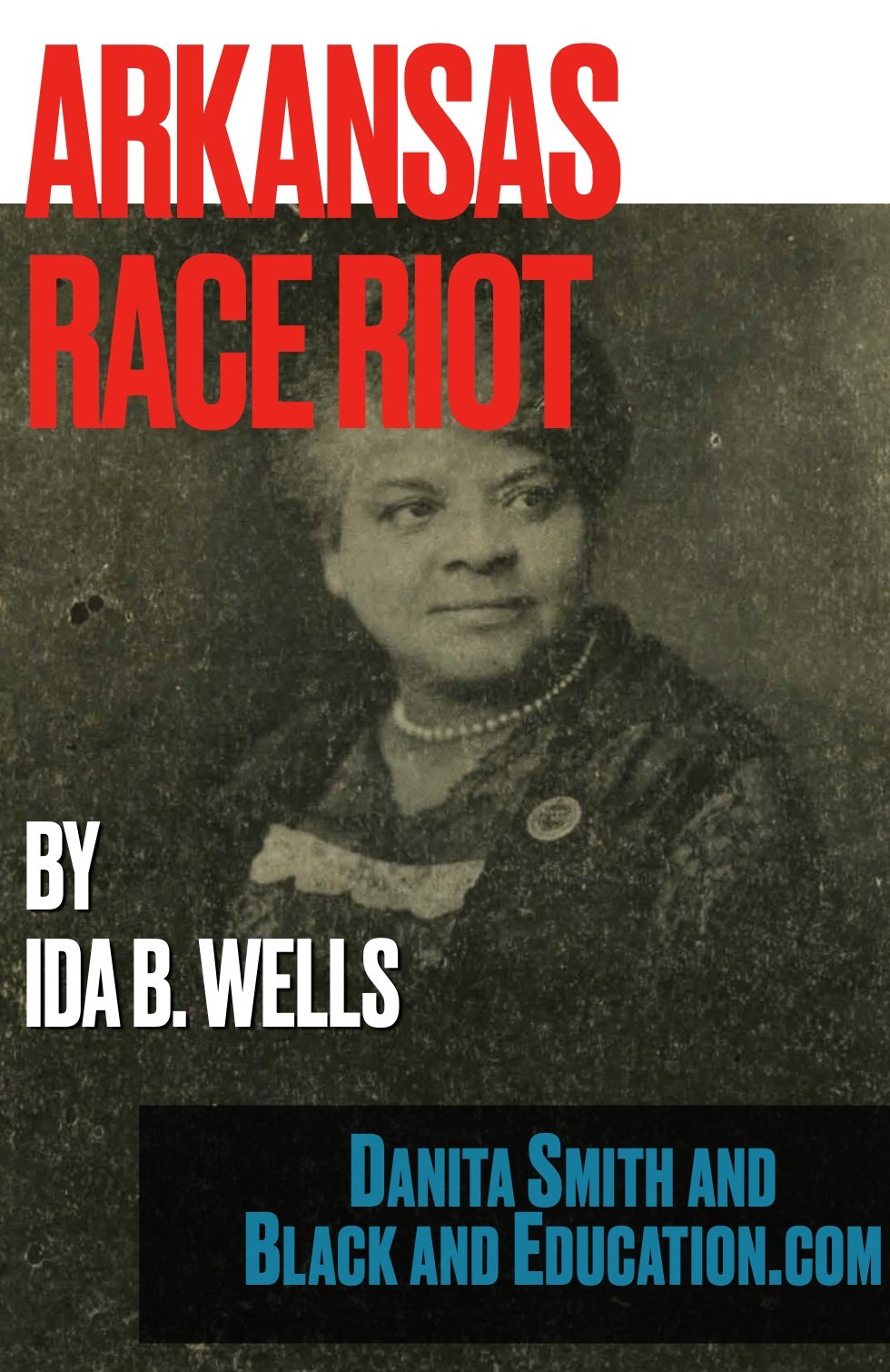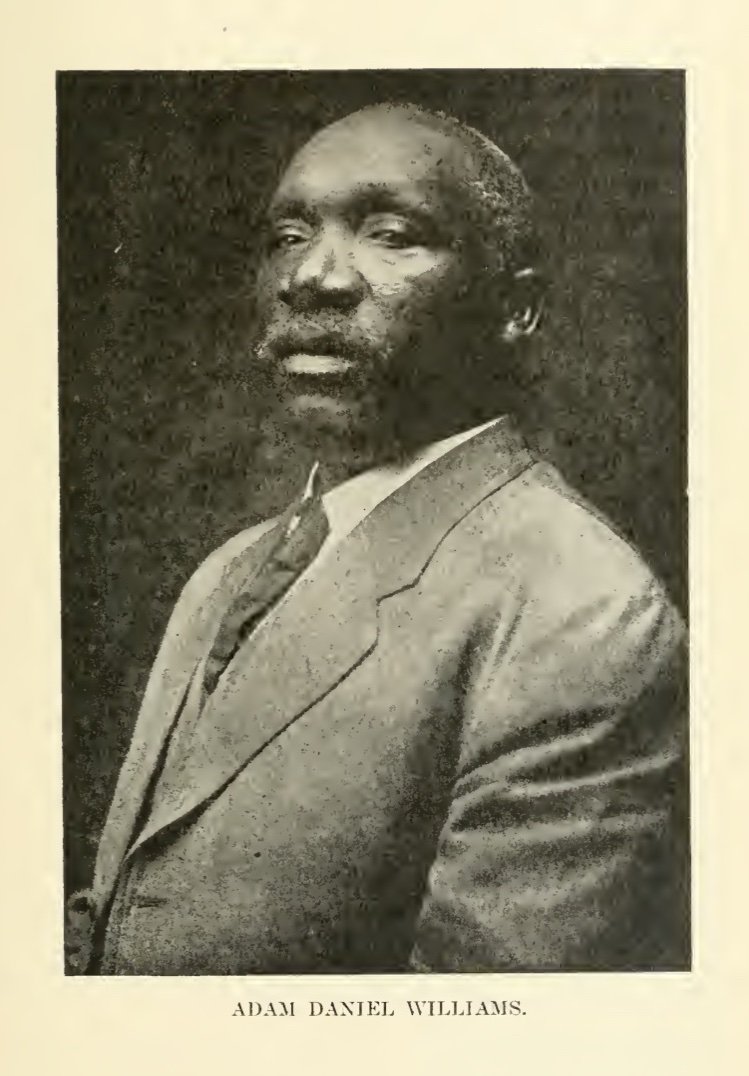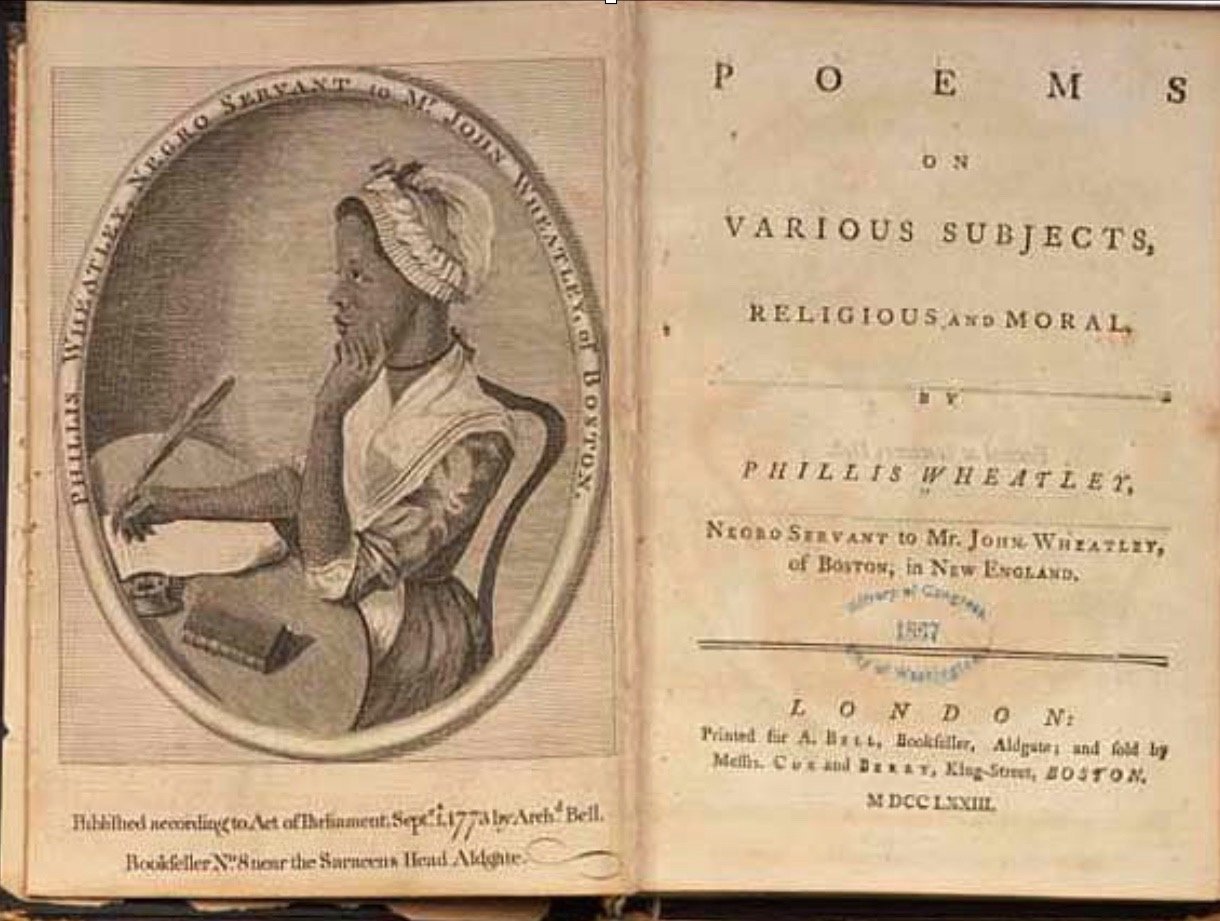Who was Dr. Martin Luther King, Jr.’s grandfather and why was he important?
Read MoreFannie Lou Hamer was a remarkable woman. Let's explore her early beginnings in life, her days fighting to register to vote, her time being beaten in jail and her famous speech during the Democratic National Convention, in August of 1964.
Read MoreIn the first year of his reign (after the reign of his aunt, Hatshepsut, 1479 - 1458 BC), King Thutmose III began a twenty-year effort to regain control of areas that had been won under his father and predecessors. The records of his efforts are carved in monuments in the Temple of Amen at Karnak.
Read MoreAbout 700 years before Christ, B.C., the land of Kemet (Egypt) was ruled by Nubian Kings along with the land of Kush. Kashta and Piye (Piankhy), father and son kings of Kush, helped to create a united country that consisted of Kush (in today’s Sudan) and, first Upper Kemet, then all of Kemet.
In particular King Piankhy established rule and set up governance of this new kingdom, from his home base in Napata in today’s Sudan.
Read MoreIda B. Wells wrote about several incidences in Georgia, in 1899. This is an excerpt of the murders of several men, who were tied together in a warehouse, awaiting trial the next morning on the accusation of arson.
“That the awful story of their slaughter may not be considered overdrawn, the following description is taken from the columns of the Atlanta Journal, as it was written by Royal Daniel, a staff correspondent. The story of the lynching thus told is as follows :
Read MoreSelina and Thornton Gray should be best know for what they did for their family, not for anything they did for Robert E. Lee or George Washington’s legacy.
Read MoreJan Matzeliger studied the process and the movements of the hands of the “lasters.” He invented a machine that would revolutionize the process.
Read MoreGranville T. Woods was born on April 23, 1856 in Columbus, Ohio. As a life-long learner, he spent much of his free time studying and learning about things that interested him, on his own. He became an apprentice to a machinist and learned blacksmithing and how to work with machines. He studied in school for a brief period of time and eventually got a job with the Danville and Southern Railroad company in Missouri, in 1872.
Read MoreWho were the Moors? The Iberian peninsula, what is today Spain and Portugal, was inhabited in some way for well over 700 years by Islamic people we call the Moors.
Read MoreJohn Parker was born in 1827 in Norfolk, VA. He was enslaved and was sold at the age of 8, from Virginia to Mobile, AL. Imagine what is was like for an…
Read More“Economic justice reached its awful climax in 1919 in the final answer to two appeals made by working men, both groups seeking through peaceful appeal to win better wage and working conditions; both presenting their grievances through chosen representatives, one to be rewarded by the President of the United States with patient hearing and final success, the other to suffer massacre at the hands of the mob and the death penalty by courts of law.”
Read MoreReverend Adam Daniel Williams and his wife, Jennie C. Parks, purchased the home at 501 Auburn Avenue—the house where Dr. Martin Luther King, Jr. would be born.
Read MorePhillis Wheatley was the fist African American to publish a book of poetry in the colonies—she lived before, during and through the American Revolution, from about 1753(?) to 1784.
Read MoreArkansas Baptist College was founded in 1884 by the Colored Baptists of Arkansas. It was founded as the Minister’s Institute at a convention at Mount Zion Baptist Church in Little Rock.
Read MoreSeptember 14, 1924, the American Baptist College opened its doors. Like some other historically Black colleges, the American Baptist College got its start from a religious organization.
Read MoreAllen University was founded by the African Methodist Episcopal Church (AME) in 1870. It’s hard for me to think of another institution (outside of the Federal Government) that has supported and established more institutions of higher learning than the African Methodist Episcopal Church.
It cannot be overstated that the AME Church had a lasting and phenomenal impact on the lives of many Black Americans. It was the first independent African-American religious denomination in the country.
Read MoreAlcorn State University was founded in 1871. It sits near the banks of the Mississippi River, in the southeast part of the state—in Lorman, Mississippi.
Read MoreAlbany State University was founded in 1903, as the Albany Bible and Manual Training Institute. It was established to provide “religious and basic education, as well as teacher training”
Read MoreFounded in 1867, Alabama State University, was started as the Lincoln Normal School at Marion.
Read MoreAlabama Agricultural and Mechanical University is located in Huntsville, AL and is the largest HBCU in Alabama.
With over 6,000 students, currently, Alabama A&M offers degrees in computer science, mechanical engineering, civil engineering, education and more.
Read More



